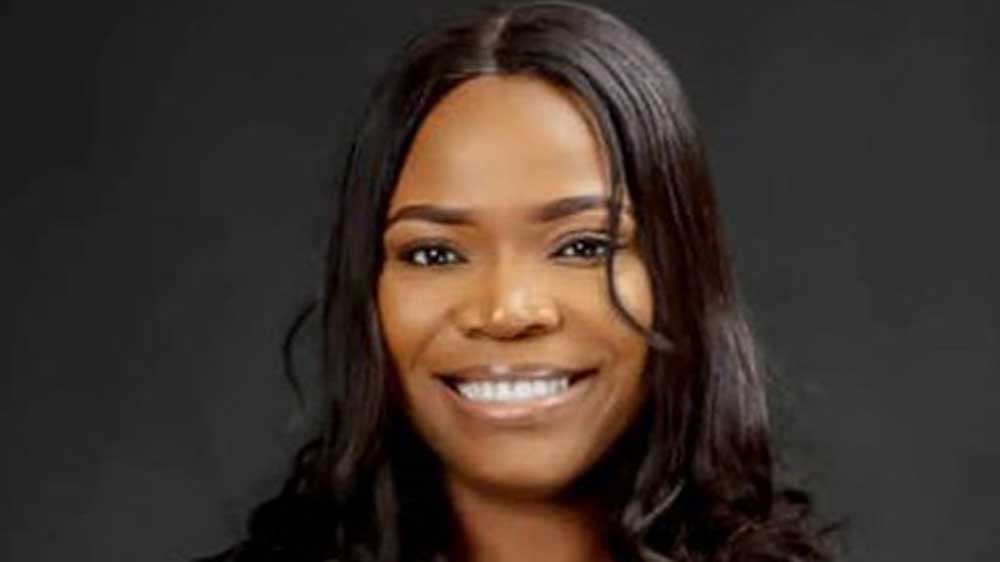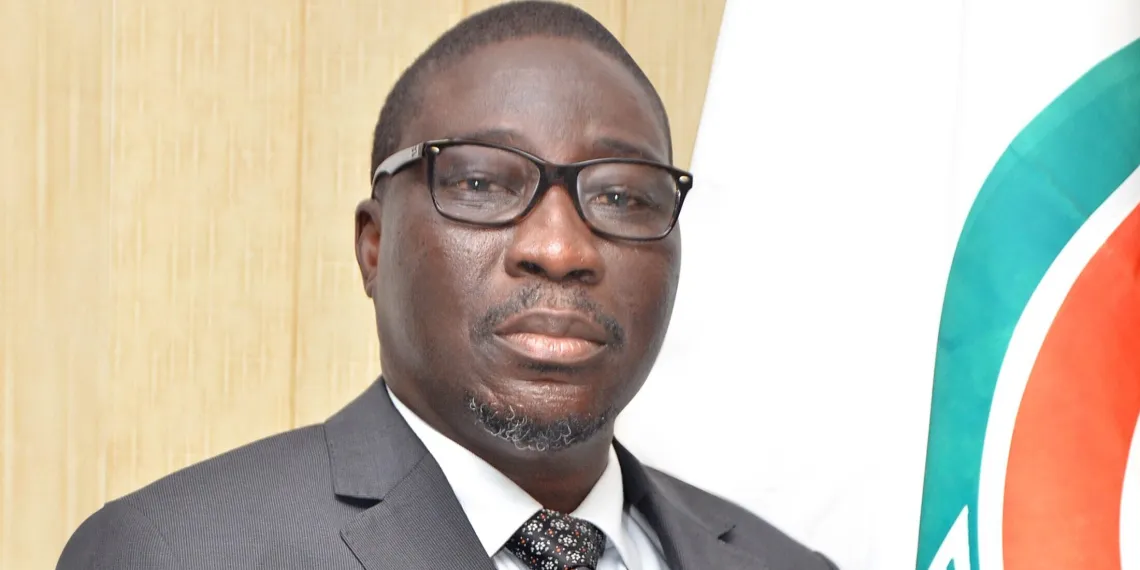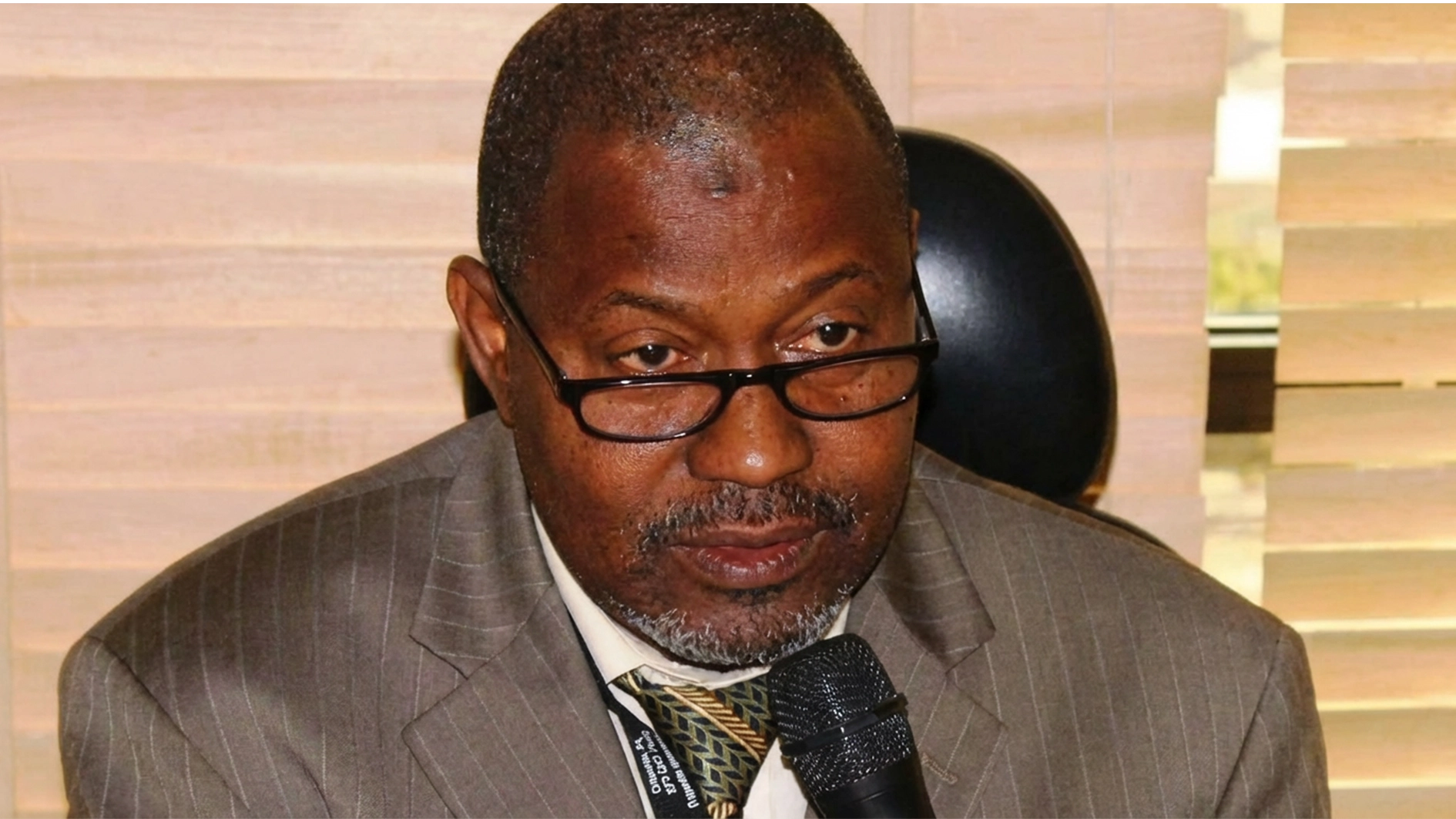A lawyer, Olamide Daramola, has pointed out that child abuse is not discipline, but a serious offence under Nigerian law.
Daramola made this known in an interview with the Guardian, pointing out that some parents and guardians overflog their children and wards all in a bid to correct them after doing wrong.
“Too many children, male and female, are living in fear, yet their pain is hidden behind words like ‘correction’ and ‘training’,” she said. “Let’s tell the truth: child abuse is not discipline, it is a serious offence under Nigerian law.”
Lawyer Daramola spoke about what the law says, especially on the Child’s Rights Act, a 2003 Nigerian federal law that guarantees the rights of all children under the age of 18, including the right to survival, development, protection, and participation.
It incorporates the United Nations (UN) Convention on the Rights of the Child and prohibits child marriage and betrothal.
While passed at the federal level, it only takes effect in individual states after their various Houses of Assembly pass it into law, which 24 out of 36 states have done so far.
Speaking further, Daramola said, “Any person who assaults, neglects, or exposes a child to physical, emotional, or sexual harm commits an offence.”
She explained that there is a punishment of up to 14 years’ imprisonment for sexual abuse, 10 years for cruelty to a child, and life imprisonment in cases involving rape or incest.
According to Daramola, the law is very clear, especially as the protection of children is not optional; it is a duty.
On how to identify a predator, the lawyer said, “Predators are not always strangers. They can be teachers, neighbours, relatives, or even caregivers.”
She called on the public to watch out for adults who always want to be alone with a child or offer unnecessary gifts and secrets; people who touch, hug, or play with a child in ways that make the child uncomfortable; sudden fear, silence, or withdrawal in a child after spending time with someone; and adults who try to silence or shame a child into secrecy.
According to Daramola, if a child suddenly changes behaviour, like avoiding certain people, losing appetite, becoming unusually quiet, or showing signs of fear, you have to listen. “That silence may be a cry for help,” she added.
On what members of the public can do in cases of child abuse, she said to report any suspected abuse to the nearest police station or State Ministry of Women Affairs, document what you observe by getting photos, dates, and statements and hand them to the authorities, and encourage the child gently, believe them, and protect their dignity.
Lawyer Daramola added that every child deserves safety, not scars. “Silence protects predators; your voice can protect a child,” she said.






